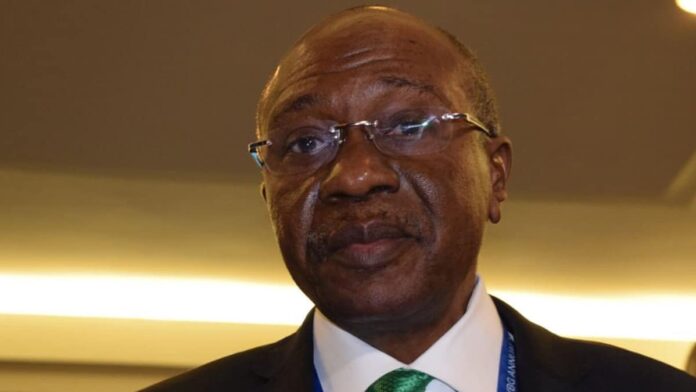Nigeria Records Improve Foreign Exchange Inflows
Foreign currencies inflow into the Nigerian economy increased in the first half of 2022, according to a Central Bank of Nigeria (CBN) report amidst pressures on the local currency.
According to the CBN quarterly economic bulletin, there was a 12.7 percent surge to $19.86 billion in foreign exchange inflow into Nigeria’s economy at the end of the first half of 2022.
On yearly comparison, foreign currency accretion into the economy in the period was driven by revenue receipts from oil exports. This was supported by an increase in invisible purchases and non-oil sources during the period.
In the first half of 2022, the total foreign exchange inflow popped higher by 6 percent while the quarter-on-quarter increase is the first recorded after two consecutive quarters of declines.
This indicates that foreign exchange inflow through the apex bank is yet to recover from its pre-COVID levels, according to a note from Cowry Asset Management. READ: Moody’s Downgrades Ghana, Bonds over Liquidity, Debt Challenges
Analysts said for clarity, in some quarters right before the pandemic, foreign exchange inflow to the central bank averaged $14.3 billion and highlights the degree of the foreign exchange liquidity contest that the bank must deal with at this point when the demand for the greenback is on a rising scale.
“In recent times, Nigeria’s major sources of foreign exchange earnings such as crude oil, foreign direct investment, and diaspora remittances, among other sources, have witnessed setbacks due to some perennial issues clogging Nigeria’s investment pipeline.
“The efforts employed by the CBN to strengthen its FX management regime such as the implementation of the RT200 programme, and Naira4Dollar scheme, as strategies to create an enabling environment for the stability of the local currency in the FX market are yet to permeate the economy with a visible effect in the petrodollar earnings on foreign exchange holdings and gross external reserves.
On the sources of inflow, the report showed that there was a 14.9 percent and 11.1 percent increase in inflow through the CBN and the autonomous sources while the foreign exchange inflow through the Bank which printed $8.77 billion at the close of June 2022, rose above the $7.63 billion in the preceding quarter.
Disaggregation shows that receipts from oil-related sources increased by 70.3 per cent to $2.50 billion, relative to the value in the first quarter.
In the same way, receipts from non-oil sources rose to $6.27 billion in June, compared with $6.16 billion in the preceding three months; while foreign exchange inflow through independent sources also increased to $11.09 billion from $9.99 billion in the preceding period.
Analysts understand that the surge was driven mainly by the rise in non-oil export receipts and Invisibles purchases. On the other hand, FX outflows through the nation’s economy surged 5.6 percent to $11.6 billion at the end of the first half of 2022.
Although, this is an improvement from the 5 per cent year-on-year decline in the same period last year as outflow through the bank printed at $8.5 billion, increasing 2 basis points from $8.43 billion in the first quarter of 2022.
Cowry Asset noted that this increase was largely driven by increases in the public sector/direct payment and third-party MDA transfers. For the autonomous outflows, it rose 23.2 percent to $3.14 billion resulting from the increase in invisible imports. Total foreign exchange inflows into the economy are currently below the pre-COVID level, analysts stated.
It is noted that efforts to drive the accretion will be hinged on a diversified economy where policies aimed at attracting FDIs, diaspora remittances and foreign exchange through oil and non-oil sources will stay sacrosanct to increasing the total foreign exchange inflow and in turn, bolster the rise in total forex reserves.
#Nigeria Records Improve Foreign Exchange Inflows












